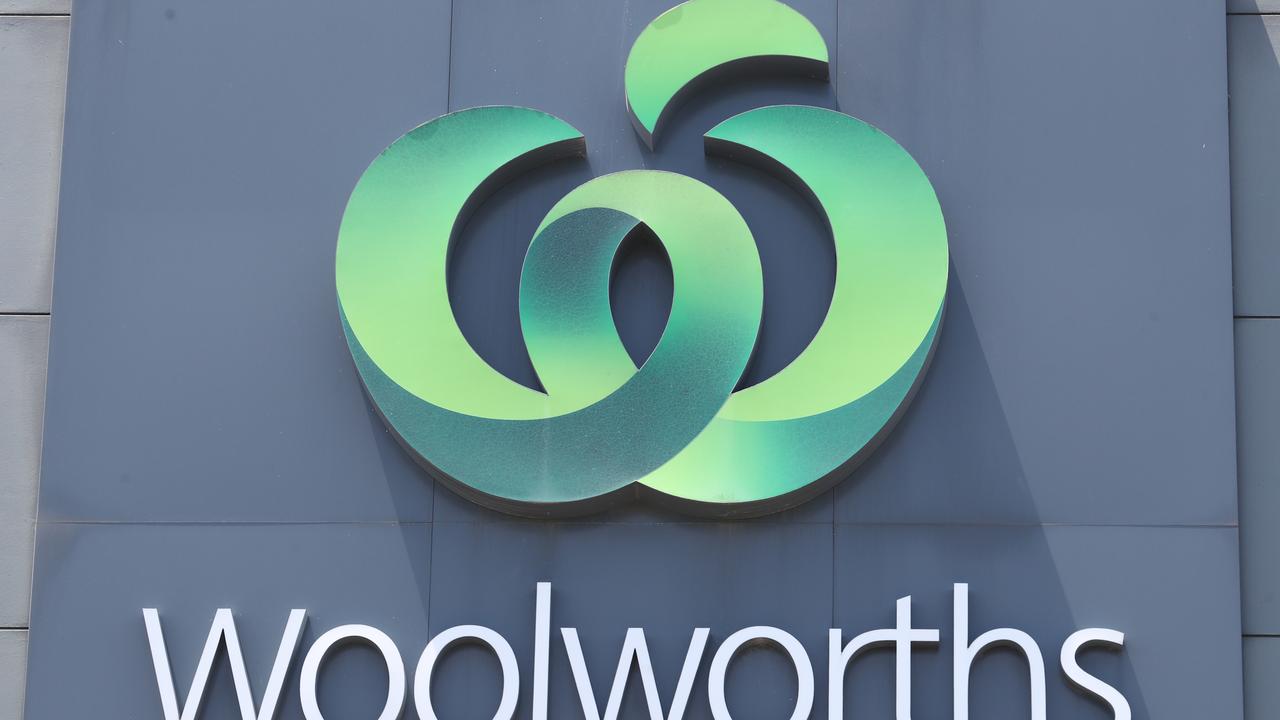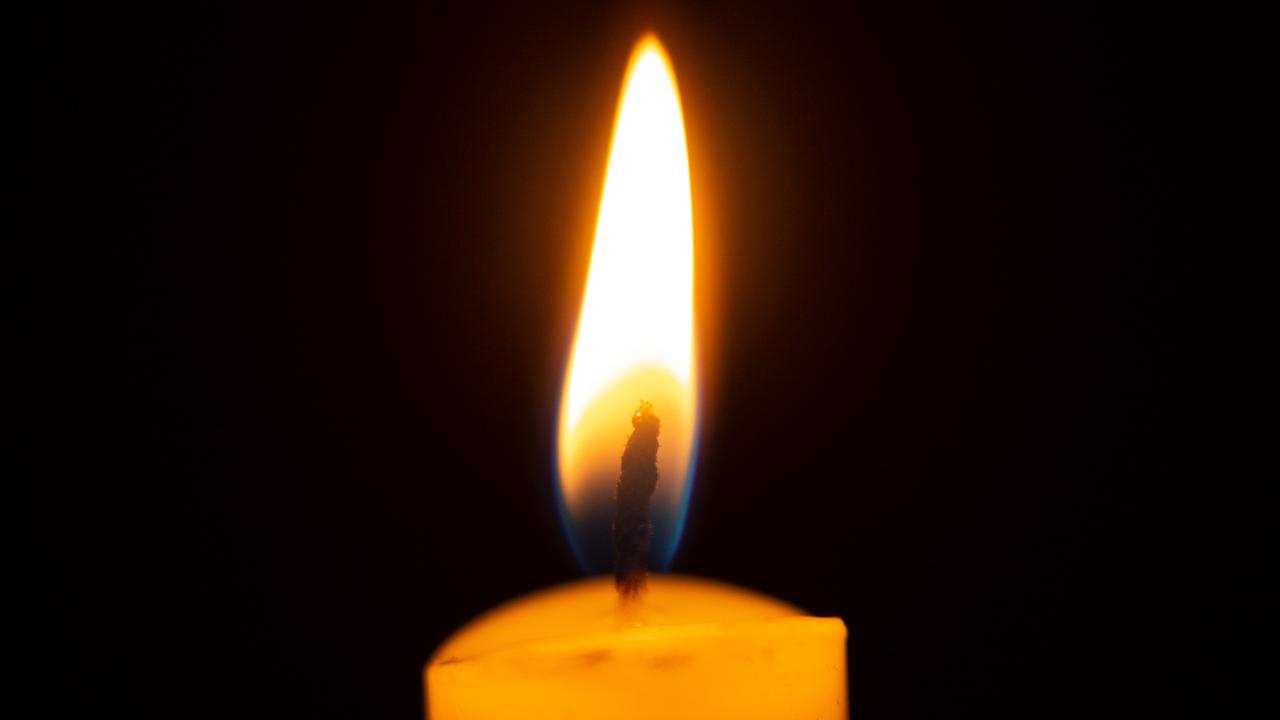Memories shift from Zulu War to Japanese executions at moving ceremony for WW1 fallen in Rabaul
FROM Zulu to WW2 via Australia’s first battle in 1914 — at a moving memorial, a veteran recalls “stony-faced” enemies who had to hang.

ANZAC Centenary
Don't miss out on the headlines from ANZAC Centenary. Followed categories will be added to My News.
SIMON Pockley did not lay a floral wreath in memory of his great
Uncle Captain Brian Pockley at the Bita Paka War Cemetery Thursday, he placed a framed piece of canvas on the memorial plinth.
More than 1100 Commonwealth soldiers lay in the shade of
magnificent rain trees and among avenues of poincianas in the striking
Commonwealth War Cemetery across the bay from Rabaul and its
smoking volcano.
Captain Pockley left his home in Sydney on August 19, 1914 and was
one of the first to die on the jungle track just weeks later on September
11 as the small Australian force moved inland to seize a German wireless
station at the village of Bita Paka.
HOW WE WON OUR FIRST VICTORY: The island battle

When he was reburied in 1919 a man salvaged a piece of the canvas
shroud that covered his body with the words “Captain BCA Pockley”
printed on it.
“It was passed to an historian in Melbourne and finally to me,” Dr
Pockley said.
“It is a tangible, physical relic of my great uncle and his death.”

It will be given to Shore School in Sydney where Captain Pockley was
educated.
Hundreds of visitors, locals and dignitaries including PNG’s deputy
prime-minister Leo Deon, Veterans Affairs Minister Michael Ronaldson
and Navy Chief Vice-Admiral Tim Barrett attended the moving centenary
ceremony in blistering tropical heat.
The Last Post played by Leading Seaman Musician Marcus Salone
echoed among the headstones before navy singer Able Seaman Musician
Mark Nivet belted out stirring renditions of the Australian, German and
PNG national anthems.
The battle of Bita Paka was described by WW1 historian Charles Bean as
a, “nasty, sharp, difficult little fight.”
More than 1100 Commonwealth troops including about 450 Australians
are buried in the cemetery. The majority fell in World War Two, fighting the Japanese.
FEAR OF INVASION: Greatest danger in World War Two

Mr Ronaldson said it was regrettable that too few Australians knew the
story of the first casualties of World War 1 and the 35 sailors lost aboard
the submarine HMAS AE1 on September 14, 1914.
The ceremony marked the start of a four-year commemorative period that
he said would educate young Australians about the enormous price paid
for the freedoms they enjoyed today.
“Those who came ashore here 100 years ago today could not imagine the
horrors of war,” Mr Ronaldson said.
“The six Australians who died here did not die in vain.”
They were the first of more than 60,000 Australians to fall in the Great
War.

In the crowd was former WW2 soldier John Hook who served as an
interpreter at the Japanese war crimes trials in Rabaul after the war.
It was his job to read the verdict to the almost 90 Japanese officers
executed for war crimes at Rabaul.
“Most were hanged and the Japanese didn’t like that, they preferred to be
shot,” he said.
“When I read the verdict and the sentence they were completely stony-faced.”
Mr Hook wore on his right chest a Victoria Cross awarded to his Great
Uncle at Rorke’s Drift in Africa. He was portrayed as “Hookey” in the
film “Zulu”.
Originally published as Memories shift from Zulu War to Japanese executions at moving ceremony for WW1 fallen in Rabaul


